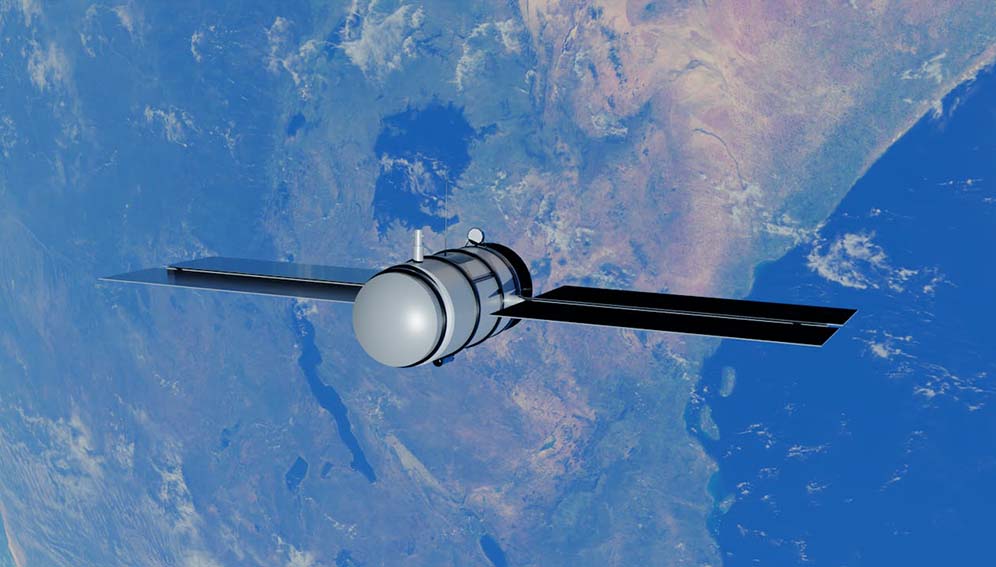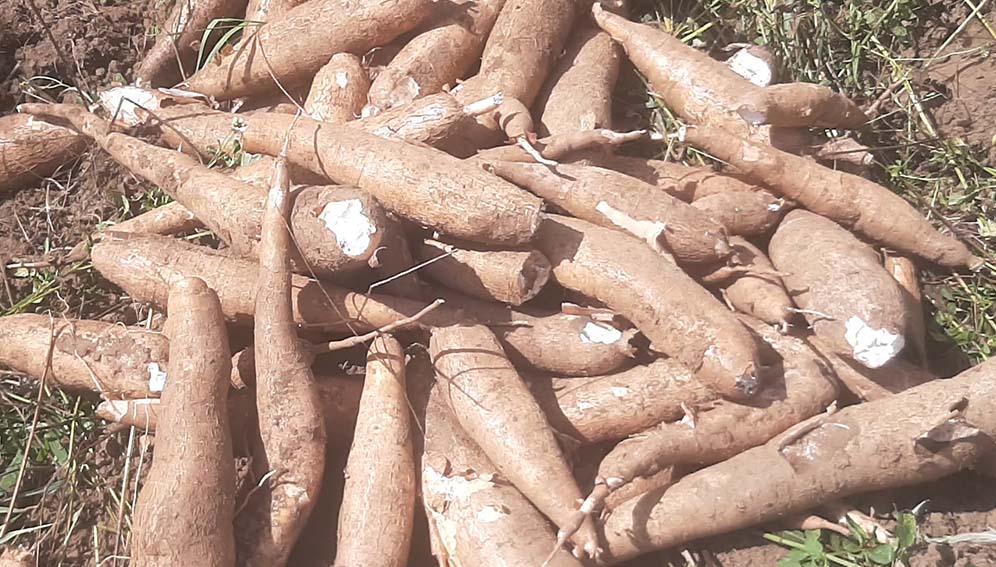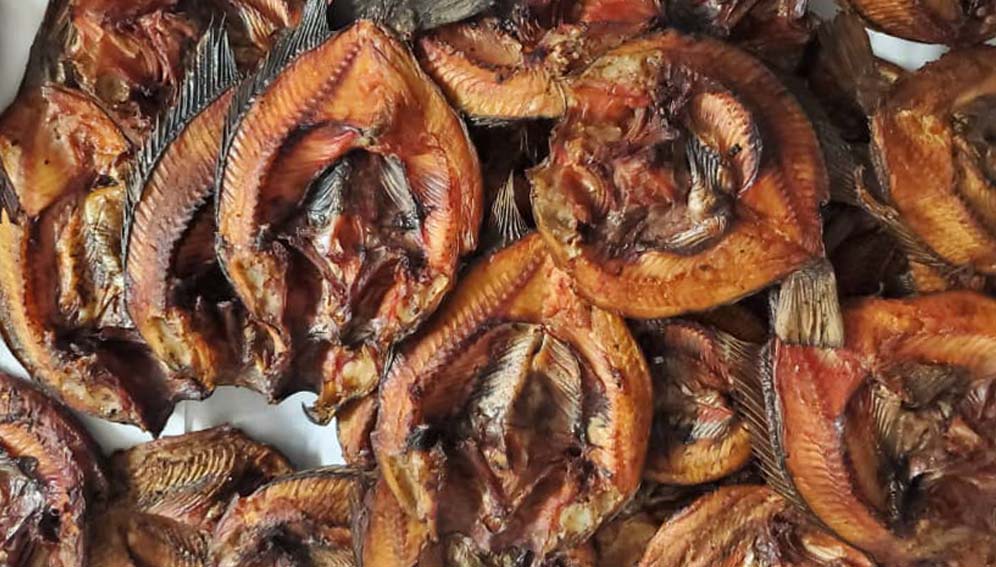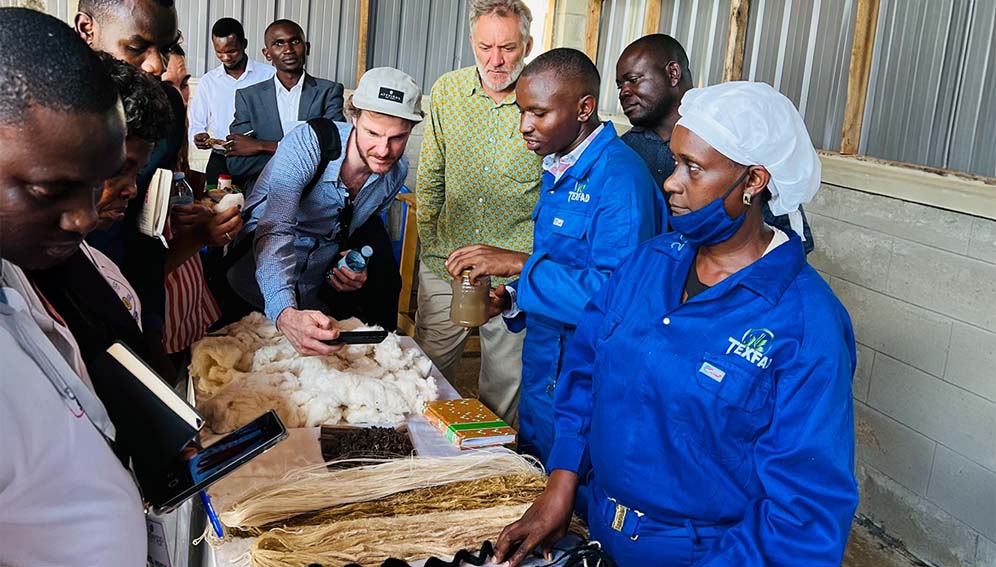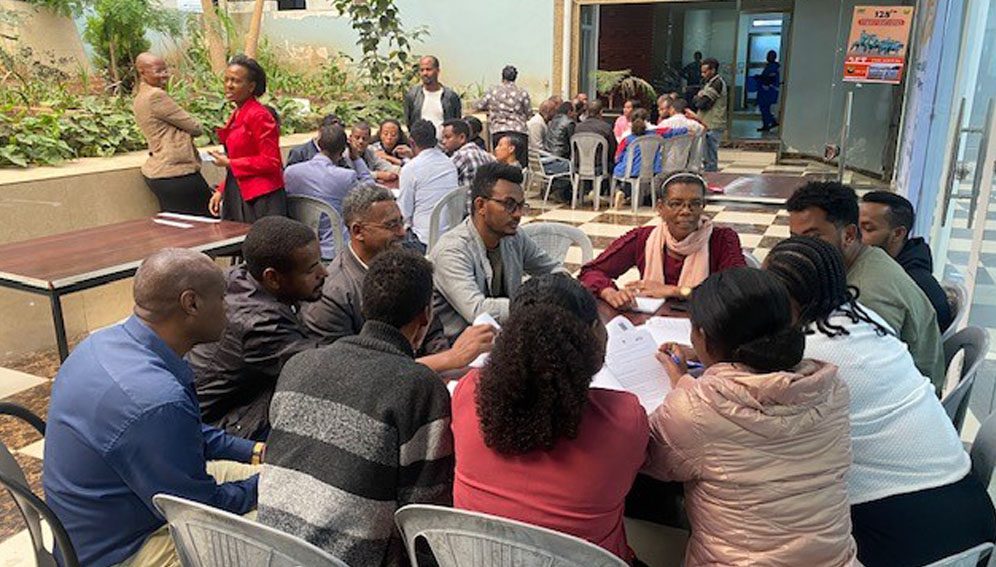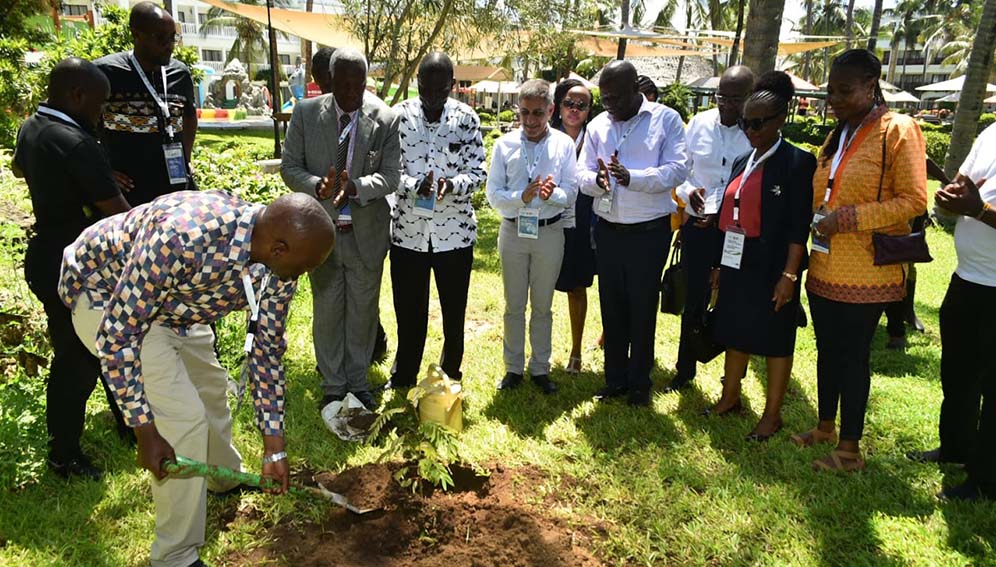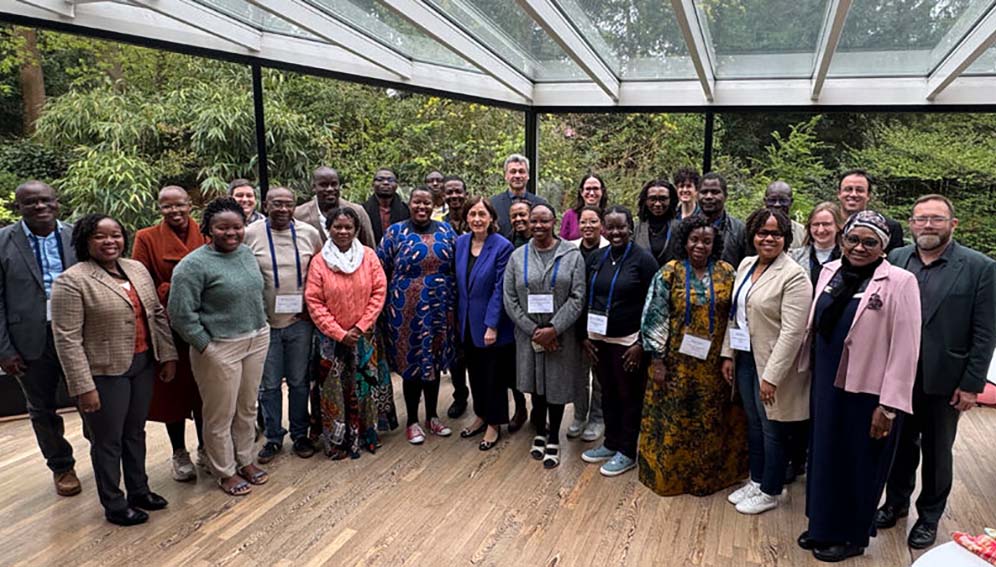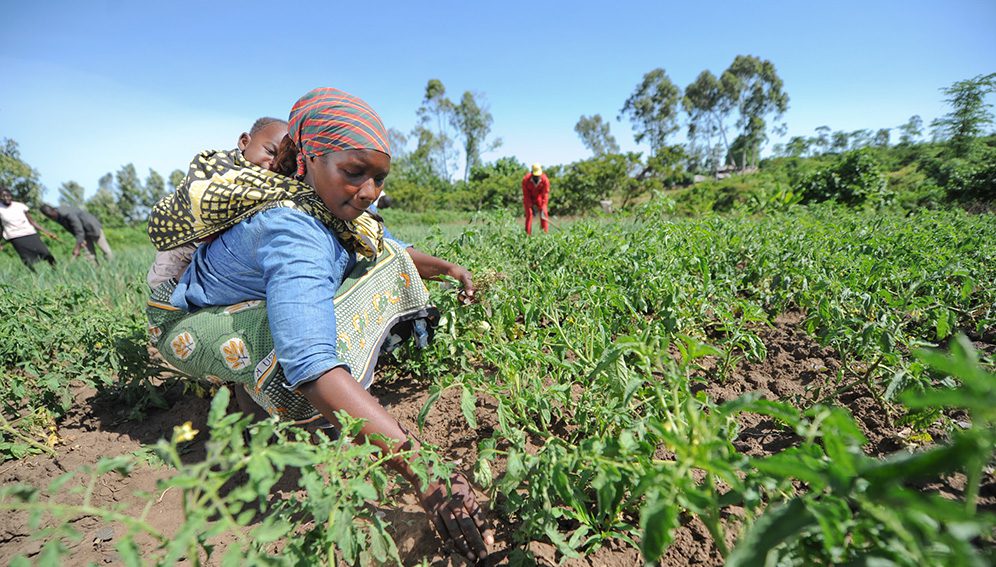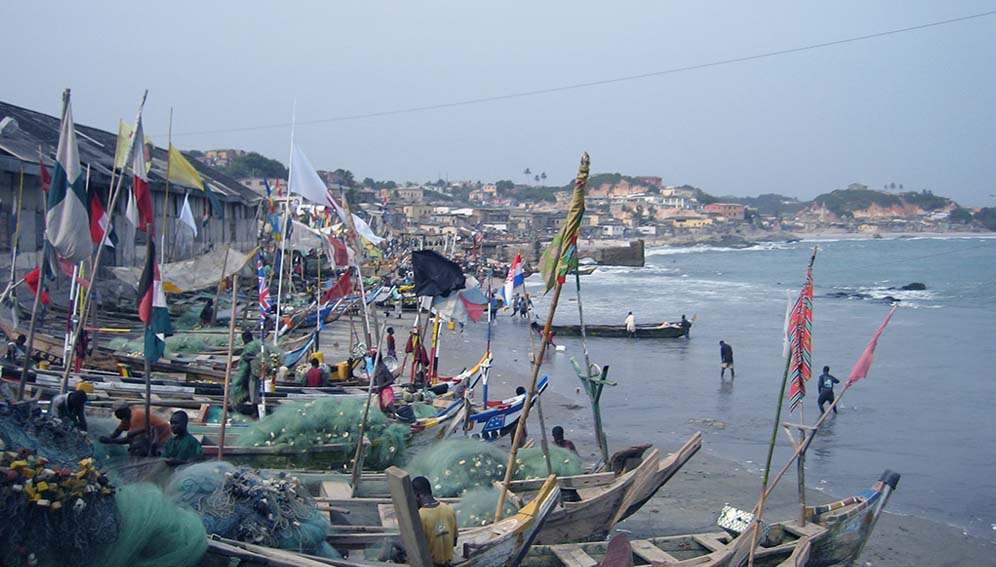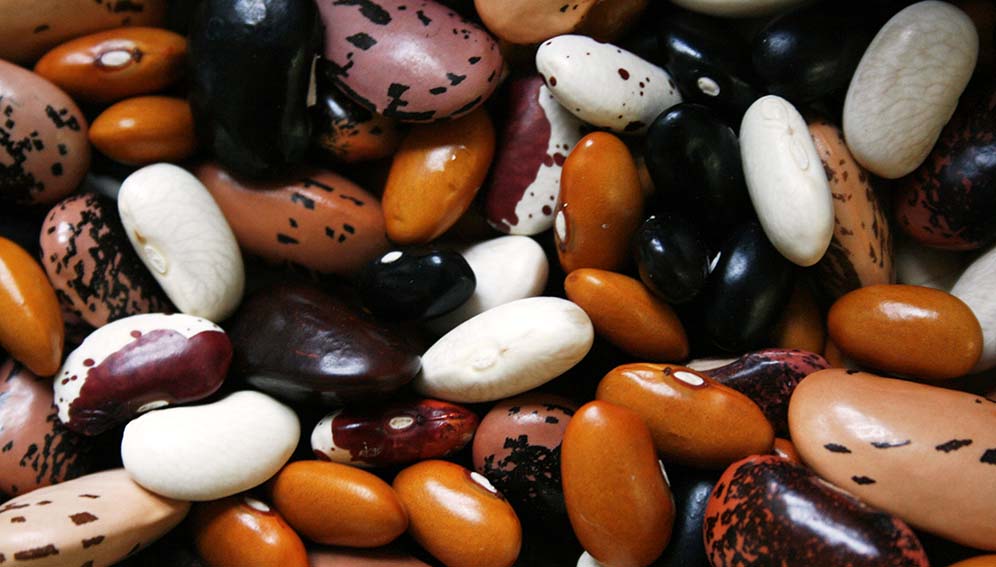Posts by Davis Weddi
Space innovation in Africa tackling local problems
Africa’s space sector, while valued at US$22.64 billion in 2024, is still in its early stages—but scientists say it holds significant promise for addressing some of the continent’s development issues. In this episode of Africa Science Focus, reporter Michael Kaloki explores how space research and innovation are being used across the continent. Mary Makuate, a…
Read MoreNew cassava plant boosts income for Kenyan farmers
[NAIROBI] Rose Osore has been growing cassava on her small farm in Busia County, western Kenya, for decades. Like many farmers in the region, she inherited the practice from her mother but never found it to be particularly profitable. “I have been farming for my household consumption … sometimes I donate to my neighbours when…
Read MoreEco-friendly kilns help Malawi’s fish curers cut losses
[LILONGWE] Closing his eyes as he battled smoke wafting from fish-smoking kilns in front of him, Issah Amin put more wood into one of seven ovens at Chikombe beach, a fish-landing site on Lake Malawi. “This is one of the hardest parts of this work,” Amin said, his eyes teary as he poked the firewood…
Read MoreBanana fibres refined for textiles, hair extensions
[KAMPALA] Ugandan researchers are transforming discarded banana stems into textiles, hair extensions and sanitary pads, positioning the East African nation to capitalise on growing global demand for sustainable fibres. The Banatex-EA (Banana Textiles in East Africa) project at Busitema University, eastern Uganda, has created spinnable banana fibre that can be used in textile production, presenting…
Read MoreBuilding research management capacity for science granting councils
As the landscape of global research and innovation is evolving, Africa is taking steps towards building a robust research management system. At the forefront of this transformation is the Southern African Research and Innovation Management Association (SARIMA), whose collaborative efforts with regional Research and Innovation Management Associations (RIMAs) are reshaping how research is managed, funded,…
Read MoreDid you miss our latest footprint newsletter?
Here is a recap of stories published in the latest Footprint Newsletter. Across the continent, researchers are working hand in hand with farmers to develop practical solutions that respond to the challenges of food insecurity and climate change. This month’s edition brings you three such stories. From Uganda’s coffee fields to vegetable farms in Kenya…
Read MoreHow Africa is shaping the future of research and grants management
The Science Granting Councils Initiative (SGCI) in partnership with the National Research Foundation, South Africa, and the German Research Foundation (DFG), hosted a peer learning visit in Bonn, Germany. The event was held from 8 April to 10 April. SGCI funding partners, collaborating technical agencies, and public funders from 13 countries across Africa were in…
Read MoreClimate-smart tech helps Kenyan farmers sell native veg
[NAIROBI] For many years, Sammy Ndungu, a smallholder farmer in Kiambu, central Kenya, struggled with low yields due to reliance on rain-fed agriculture. His vegetables, including spinach and African nightshade, often dried up during droughts. But in 2024, things took a brighter turn as researchers from Jomo Kenyatta University of Agriculture and Technology (JKUAT) introduced…
Read MoreResearching Africa’s oceans to support livelihoods
Africa’s oceans are vital for economic growth, supporting fisheries, tourism, and coastal livelihoods. But the costs of plastic pollution in our seas are mounting. The World Bank puts the cost of the damage caused by marine plastic pollution at up to US$33,000 per tonne of plastic waste, in West Africa alone. As pollution worsens, researchers say stronger…
Read MoreNamibian food project targets protein-rich crops
[NAMIBIA] A lack of protein is a major contributor to malnutrition in low- and middle-income countries, where many people’s diets are heavily dependent on staple crops. To tackle this problem in Namibia, researchers started a food and nutrition project to train farmers in the use of a biofertiliser to produce protein-enriched legumes. The project, led by researchers…
Read More
